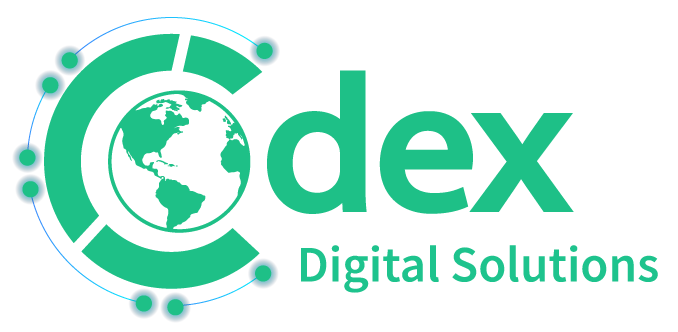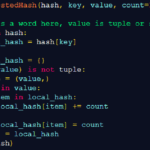
OpenAI Introduces Advanced Version of Codex
OpenAI has introduced an enhanced version of OpenAI Codex, an AI system designed to translate natural language into code. This development pushes AI-assisted programming, enabling developers and businesses to create software more efficiently.
Starting today, OpenAI Codex is available through an API in private beta, marking a new era in natural language interfaces for coding.
OpenAI Codex: The Power Behind GitHub Copilot
OpenAI Codex is the engine behind GitHub Copilot, a tool launched in collaboration with GitHub just a month ago. Codex’s proficiency spans over a dozen programming languages, including Python, JavaScript, Go, Perl, PHP, Ruby, Swift, and TypeScript.
It allows users to execute commands in natural language. In doing so, transforming the way developers interact with software. By interpreting simple natural language commands, Codex can perform tasks on behalf of users, bridging the gap between human intent and machine execution.
A Descendant of GPT-3 with Enhanced Capabilities
OpenAI Codex is built on the foundations of GPT-3, a model renowned for its ability to generate natural language text. However, Codex goes a step further by producing functional code, thus allowing users to communicate with software more intuitively. This evolution from GPT-3 to Codex represents a significant advancement in AI technology.
The training data for Codex includes natural language and billions of lines of source code from publicly available repositories, such as GitHub. While Codex excels in Python, it also demonstrates proficiency in a broad range of programming languages.
One of its key improvements over GPT-3 is its ability to handle larger contextual information. Codex has a memory of 14KB for Python code, compared to GPT-3’s 4KB, enabling it to manage over three times as much contextual information during tasks.
Upgrading Programming
Codex addresses one of the most challenging aspects of programming: mapping simple problems to existing code. For many developers, this is the least enjoyable part of the coding process and the highest barrier to entry.
Codex simplifies this by breaking down complex problems and connecting them to the right libraries, APIs, or functions. This capability makes coding more accessible and reduces the time spent on tedious tasks, allowing developers to focus on the creative aspects of software development.
While the full potential of Codex is yet to be realized, it has already shown promising results across various applications.
Private Beta Launch and Future Plans
OpenAI is now offering Codex in a private beta via their API. Plans are to scale up quickly while maintaining safety and reliability. During this initial period, Codex will be available for free. The company is also working closely with developers to understand and mitigate the broader impacts of Codex and similar technologies on the world.






